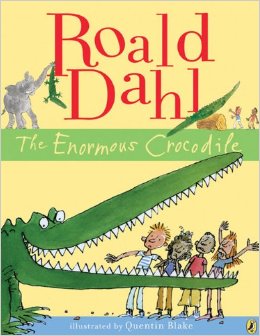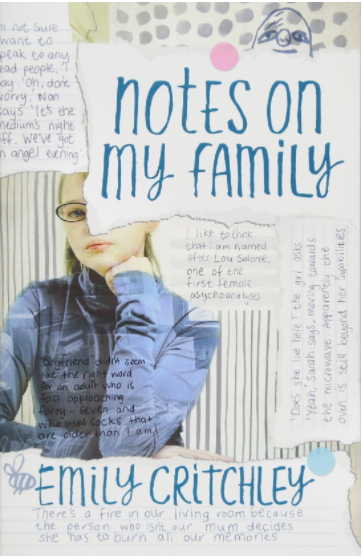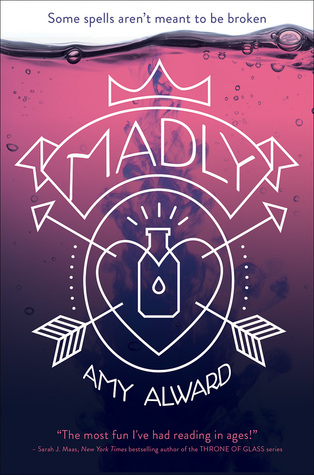[button color=”black” size=”big” link=”http://affiliates.abebooks.com/c/99844/77798/2029?u=http%3A%2F%2Fwww.abebooks.com%2Fservlet%2FSearchResults%3Fisbn%3D9780316221351″ target=”blank” ]Purchase here[/button]
Forgive Me, Leonard Peacock – buy it
by Matthew Quick – his website
Recommended Ages – 15+
How would you spend your birthday if you knew it was your last? Matthew Quick, author of Silver Linings Playbook, introduces us to social outcast Leonard Peacock in this heart in your throat young adult novel. Self-confessed weirdo and terminally sad, Leonard is an eighteen year old high school senior, completely disillusioned with the promise of growing up. Frustrated by the blank faced monotony of his peers, with an absentee father and a reluctant mother, Leonard has just four friends – his elderly Humphrey Bogart obsessed neighbour, a schoolmate who plays incredible violin music, a tract distributing pastor’s daughter, and his Holocaust teacher Herr Silverman. Worst of all is Asher Beal, the ever present spectre of Leonard’s former best friend, whose mere memory is a constant torment. With revenge plaguing his thoughts, Leonard decides to put an end to the problem. But first he has some unfinished business. He has to say goodbye.
Quick’s blunt prose punches Leonard’s spiralling thoughts in part confession, part journal, part suicide note. The novel is packed to the brim with the pain of adolescence coupled with Leonard’s realisation that for most people, life is wasted on a day to day basis. Despite the unapologetically difficult subject matter, Quick’s novel is laugh out loud funny, and Leonard is unforgettable.
Delivered in a drawling stream of consciousness, as Leonard goes about his final days, footnotes annotate the text with important background information and tangents. Leonard lets us glimpse his past in a series of shockingly left field reveals. With the plot focusing on Leonard’s plan to commit murder-suicide, and his bringing his grandfather’s WWII gun to school in order to carry out his fantasy, the story is dark and yet terrifyingly plausible. Quick’s ability to reveal uncomfortable truths through troubled eyes once again delivers a powerful and unmissable text.
Leonard’s narrative voice trips over the edge of hysteria. He observes his own absurd behaviour; like cutting off his signature Kurt Cobain hair and placing it in the fridge wrapped in pink paper for his mother to find. As Leonard laughs at himself, it becomes unnerving for the reader to realise that they too are amused. Even more distressing is the instances throughout the story where Leonard encounters people who know that there is something amiss with him, and yet their lacklustre efforts to ‘help’ are easily placated by his ability to talk around the issues at hand. It is an exercise in futility, precisely the kind of behaviour that Quick’s protagonist abhors.
Quick’s secondary characters are few, but they are vital to Leonard’s journey of self-discovery. They are a cast of archetypes flipped on their heads. The responsible authoritarian with secrets of his own, the old man who acts as a mirror to Leonard’s behaviour, the peer who is increasingly baffled by Leonard’s attentions and the possible romance. It is hard to pinpoint a villain in the story, when the narrative revolves around an anti-hero struggling with neglect and self destruction. Even Asher, Leonard’s sworn enemy, will draw you up short and make you question how you should feel. The point, perhaps, is everyone is capable of villainy even if that is delivered in the form of not being there when needed, of looking the other way.
Plot twists will catch you off guard and force you to view characters with fresh eyes.
The story is peppered with pop culture references and vintage throwbacks in a gloriously jarring manner. Swapping from Nirvana to Casablanca, from Disney to The African Queen, Leonard possesses a vivid and startling imagination that only a select few can truly share. Like Holden Caulfield before him, Leonard is not an easy protagonist to follow, and at times you’ll want to shout at him, or laugh with him, or despair of him.
A particularly enjoyable device are the letters from the future which are interspersed throughout the novel. The scenes take place in a futuristic post-apocalyptic utopia, they are surreal and fanciful, but nonetheless reassure in bizarre and delightful ways. Quick’s imagery is fascinating and beautiful.
In his role as intellectual misfit, Leonard often finds himself acting as voyeur to the humdrum lives of others, at times literally stalking strangers through the streets to find the answers to his questions in an anthropological plea for help. Forgive Me, Leonard Peacock explores themes such as friendship, love, family, religious apathy, the loss of innocence, and fear of the future. It is a story of disappointing adults, who are more likely to offer a lollipop or runaway than deal with life’s issues. It is a story of betrayal and hurt, of psychological abuse and physical pain. With a conclusion that will make your heart pound, it is also a story about hope in the face of hopelessness.
The book is a page turner, if you manage not to cry by the final page then I commend you. But pass me the tissues.
With its bitter irony, humorous exposure of absurdity, and wry observation from the cusp of adulthood, I would recommend Forgive Me, Leonard Peacock to fans of Perks of Being a Wallflower, Catcher in the Rye and Thirteen Reasons Why. It is a hard-hitting but poignant read, like Silver Linings Playbook, you will smile and laugh through your tears.
If you’d like a sneak peak of Leonard Peacock, check out some quotes and images over on the Pinterest board.




